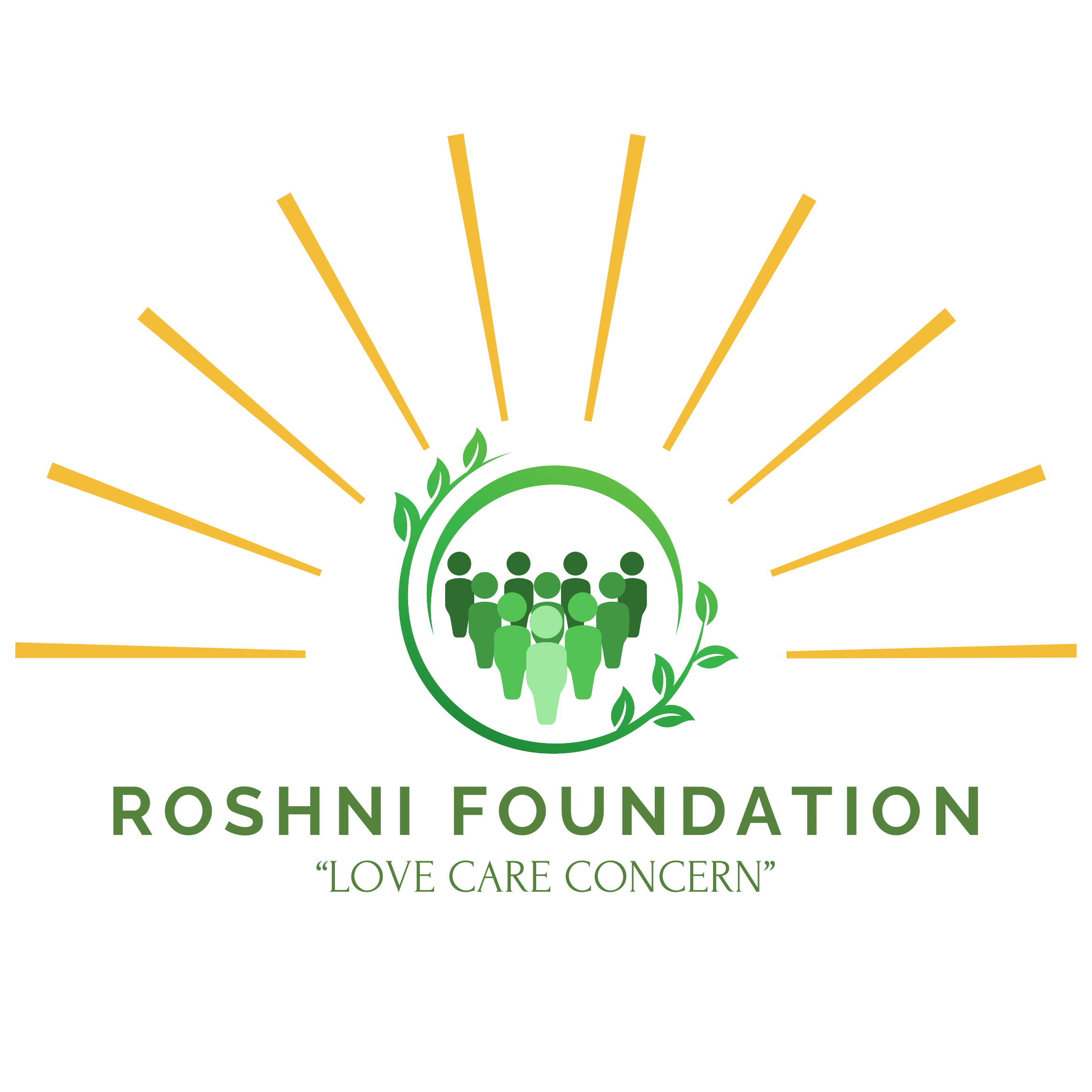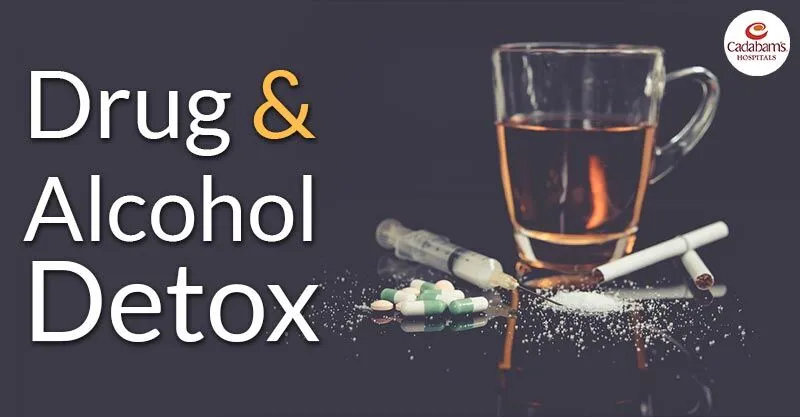Taking the first step toward freedom from addiction is never easy. For many, that step begins with detoxification—the process of clearing harmful substances from the body. Detoxification for substance abuse is a critical starting point in any recovery journey. At Roshni Foundation, we understand that this phase can be physically and emotionally challenging, which is why we offer safe, supervised, and compassionate care tailored to each individual’s needs. As a guiding light in addiction recovery, we aim to educate families and individuals on how to begin this process safely and effectively.
What is Detoxification?
Detoxification for substance abuse refers to the medical and psychological management of withdrawal symptoms when an individual stops using drugs or alcohol. During prolonged substance use, the body becomes dependent on the substance to function. When that substance is suddenly reduced or removed, withdrawal symptoms occur. These symptoms can range from mild to severe and even life-threatening, depending on the type and duration of addiction.
Because of these risks, detox should never be attempted alone. Instead, it should be done under the guidance of trained professionals, preferably in the setting of the best rehab centre or specialised detox unit.

Why Detox is the First Step in Recovery
You cannot begin true emotional or psychological healing while substances are still affecting your body and brain. That’s why detoxification for substance abuse is often the first stage in a comprehensive treatment plan. It prepares the body and mind for further therapy, counselling, and long-term support.
At Roshni Foundation, detox is not treated as a standalone procedure—it’s part of a structured continuum of care that includes assessment, stabilisation, and transition to the next phase of recovery.
Types of Substances That Require Detox
Different substances affect the body in different ways, and each requires a unique detox approach. Common substances that often require medical detox include:
-
Alcohol: Withdrawal can include tremors, seizures, and hallucinations.
-
Opioids (heroin, morphine, prescription painkillers): Withdrawal symptoms include body aches, nausea, vomiting, and insomnia.
-
Benzodiazepines (Xanax, Valium): These drugs can lead to dangerous withdrawal symptoms, including seizures and extreme anxiety.
-
Stimulants (cocaine, meth): Though physical symptoms may be mild, psychological effects like depression or psychosis require careful monitoring.
A professional detox program evaluates the substance, the length of use, dosage, and the individual’s physical and mental health to design a tailored plan for detoxification for substance abuse.
Medical vs. Non-Medical Detox
There are generally two approaches to detox:
-
Medical Detox: This involves 24/7 medical supervision, medications to ease withdrawal symptoms, IV fluids, and continuous monitoring. This is highly recommended for moderate to severe addictions.
-
Non-Medical Detox: Suitable for mild addictions, this option may involve monitoring without medications, nutritional support, and alternative therapies like yoga and meditation.
At Roshni Foundation, we provide both options based on a thorough assessment. Our priority is always the safety, comfort, and dignity of our clients throughout the detoxification for substance abuse.

The Stages of Detox
Detox typically involves three key stages:
-
Evaluation: Medical professionals assess the individual’s physical and mental health, the type of substance used, and their history of use. This forms the basis of the detox plan.
-
Stabilisation: During this stage, patients receive medical and psychological support to manage withdrawal symptoms. This phase can last from a few days to two weeks, depending on the substance.
-
Transition to Treatment: Once stabilised, individuals are encouraged to move into a structured rehabilitation program that addresses the root causes of their addiction.
We at Roshni Foundation emphasise that detoxification for substance abuse is only the beginning of recovery, not the cure.
Common Withdrawal Symptoms
Withdrawal symptoms can vary depending on the substance and the individual, but common symptoms include:
-
Anxiety and depression
-
Sweating and chills
-
Muscle pain and cramping
-
Nausea and vomiting
-
Insomnia or hypersomnia
-
Hallucinations or seizures (in severe cases)
These symptoms highlight the need for professional oversight during detoxification for substance abuse to prevent complications and support long-term success.
Psychological Support During Detox
Addiction is not just physical—it’s deeply psychological. That’s why emotional support is crucial during detox. At Roshni Foundation, we provide counselling, mindfulness sessions, and supportive environments to help clients manage cravings, fear, and emotional turbulence.
A comfortable, compassionate setting can make all the difference during detoxification for substance abuse, especially when individuals face emotional vulnerability and mental health issues simultaneously.

After Detox: What’s Next?
Detox is just the first step. For recovery to last, it must be followed by:
-
Inpatient or outpatient rehabilitation
-
Cognitive-behavioural therapy (CBT) and other psychological interventions
-
Group and family therapy
-
Relapse prevention planning
-
Continued aftercare and community support
The best outcomes occur when detoxification for substance abuse transitions seamlessly into comprehensive treatment. At Roshni Foundation, we ensure that no client is left to navigate this journey alone.
Conclusion
Detoxification for substance abuse is a critical first step in reclaiming your life from the grip of addiction. It’s not just about flushing substances from the body; it’s about preparing the individual for a fresh start with a clear mind and a renewed sense of hope. At Roshni Foundation, we offer medically supervised, compassionate, and personalised detox programs that ensure safety, comfort, and long-term success. As one of the best rehab centres, we are dedicated to guiding every individual through detox and beyond—into a life of lasting recovery.

